The new service is intended to provide improved outbound transportation from Chicago’s downtown and North Side to suburban Lake County, Ill., where twelve Fortune 500 companies and several pharmaceutical firms, including giant AbbVie and Horizon Pharma, are based.
Historically, Metra’s 11 lines have been geared toward providing inbound service to Chicago.
In the past, there has been no morning outbound express service on the line, and the afternoon trains have either been too early or too late for most workers.
It marks the second time Metra has instituted reverse-commute service to Lake County. Metra revised its UP North Line schedule in 2007 by scheduling early morning “Sunrise Express” service. Sunrise Express ridership has averaged more than 400 trips a day since 2012, according to Metra.
The new service is a two-year pilot project funded by a public-private partnership between Metra and Lake County Partners, an economic development corporation affiliated with Lake County businesses and governments. Metra’s board of directors formally approved the agreement in October.
Metra said it will evenly split the $1.4-million cost of operating one new reverse-commute train in each rush period as part of the project. Metra and the Partners also will work on a definitive agreement to divide the $4.75-million cost of installing universal crossovers near the suburb of Lake Forest, with the Partners contributing $2.75 million, Metra contributing $1 million, and local governments contributing $1 million.
“We are hopeful that this initiative will build our ridership, help local businesses to recruit top talent and have a positive impact on economic activity in Lake County,” Metra CEO/Executive Director Jim Derwinski said in a statement. “This partnership also is an innovative way to test the demand for service to Lake County and potentially improve our infrastructure.”
Lake County officials formally proposed the service at a Metra Board meeting in April 2018. The officials asked Metra to explore ways to improve reverse-commute service in order for them to effectively recruit and retain employees living in Chicago. They also argued that better train service would reduce pollution and roadway congestion and improve employee productivity and satisfaction. In addition to AbbVie and Horizon Pharma, Trustmark Insurance, Tenneco, Northwestern Lake Forest Hospital, Lake County government, the city of Lake Forest and the village of Deerfield are participating in the agreement.
“With this new service, it is now easy to live downtown and work in Lake County,” Lake County Partners President and CEO Kevin Considine said in a statement. “This is a tremendous opportunity for city dwellers to build careers at any of our globally recognized companies.”
Under the new schedule, Metra has added a new outbound express Train 2191, departing Union Station at 6:25 a.m. and arriving in Lake Forest at 7:15 a.m. The train will make all stops in Chicago between Union Station and the Edgebrook station, and then operate as an express to Lake Cook Road. Pending an agreement with Canadian Pacific, which Metra said is anticipated soon, this train will be moved to an earlier slot, departing Union Station at 5:35 a.m. and arriving at Lake Forest at 6:25 a.m.
Metra also changed the schedule of one inbound afternoon train (2146) to create express service from Lake County, and added a new Train 2194, departing from Lake Forest at 5:35 p.m. and arriving at Union Station at 6:26 p.m. The schedule of Train 2148, which now arrives at Union Station at 6:11 p.m., would be pushed back three minutes.
Metra said if the pilot project shows that there is a strong market for reverse-commute service and that the service is self-sustaining, the partners agree to enter into an agreement to fund the construction of new universal crossovers near the Lake Forest Station. A crossover allows trains to switch between tracks. Constructing crossovers at Lake Forest would allow Metra to turn trains around at that location, which would create an opportunity for better service in the morning and evening rush periods if demand supported it.
“Working with the private sector to achieve their employment goals by attracting talented young people who desire to live in Chicago is a win-win-win situation,” says Metra Chairman Norm Carlson. “The city of Chicago, Lake County, and the employers all benefit. Public assets and operating funds are leveraged by private investment to enhance rail service that is a green solution. We look at this partnership as being a prototype for future expansions of Metra’s service to benefit the public. This is regional cooperation at its finest.”





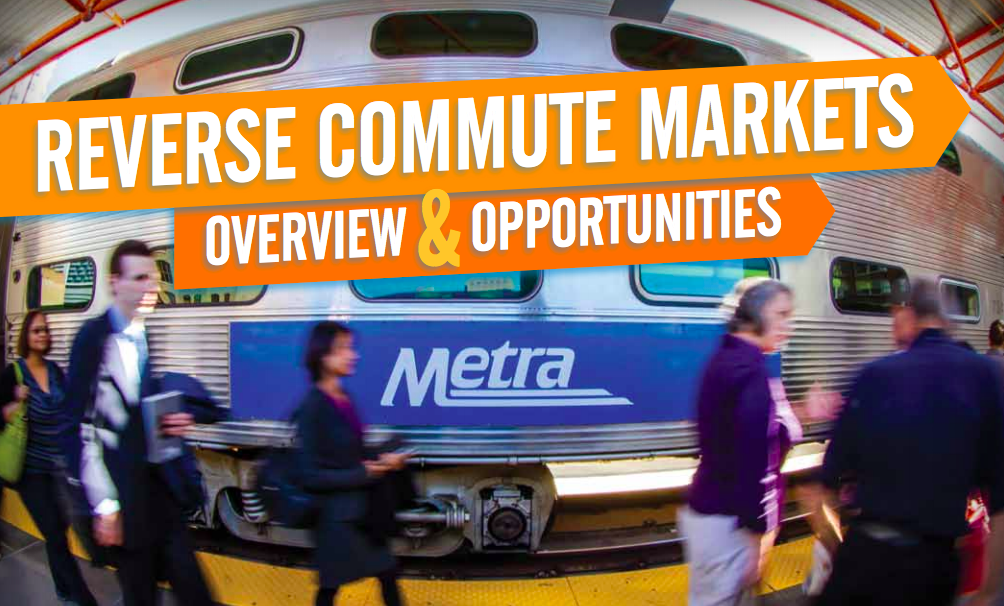

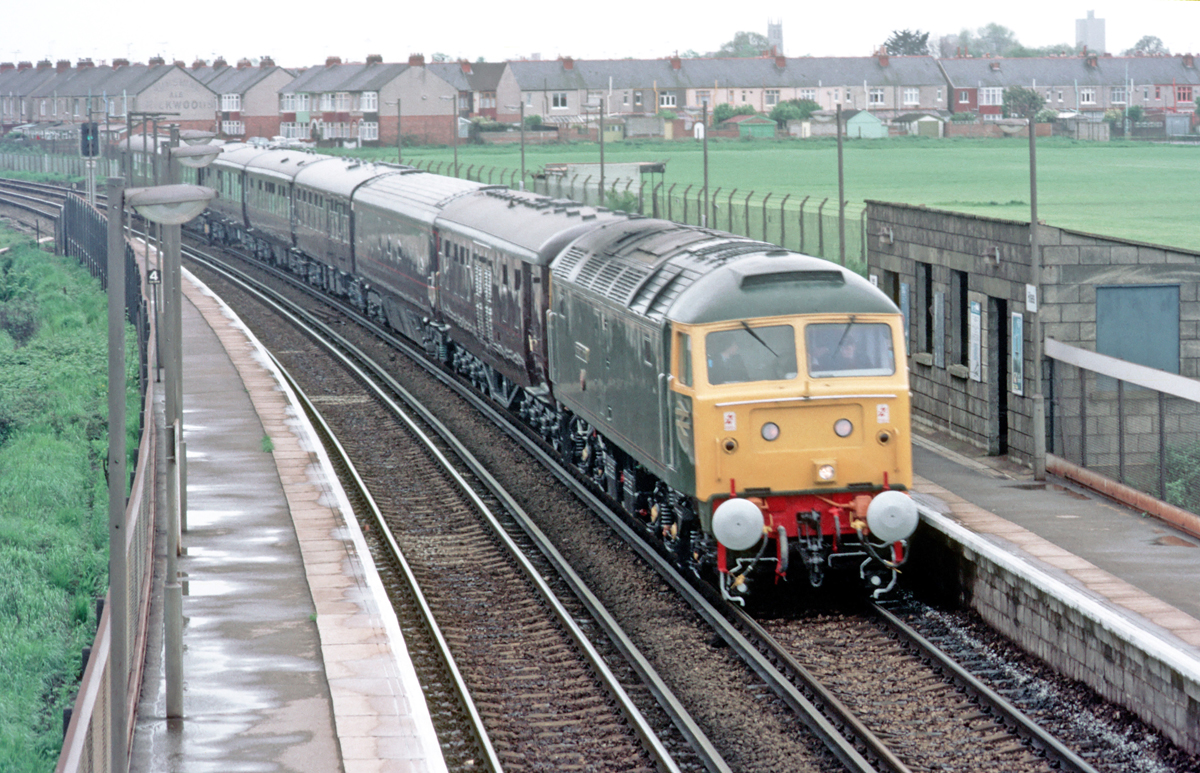
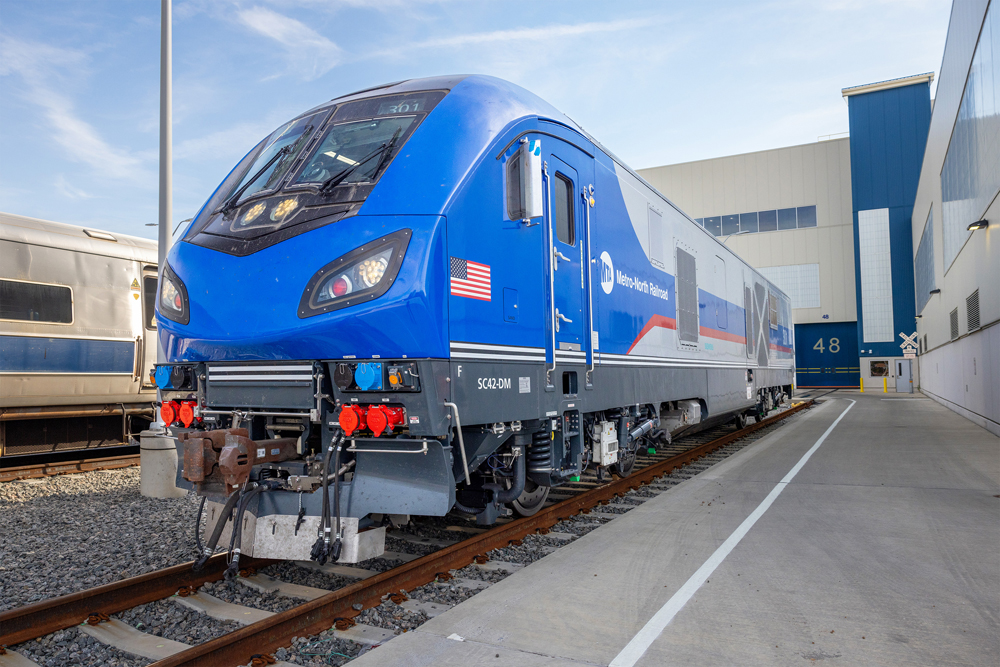
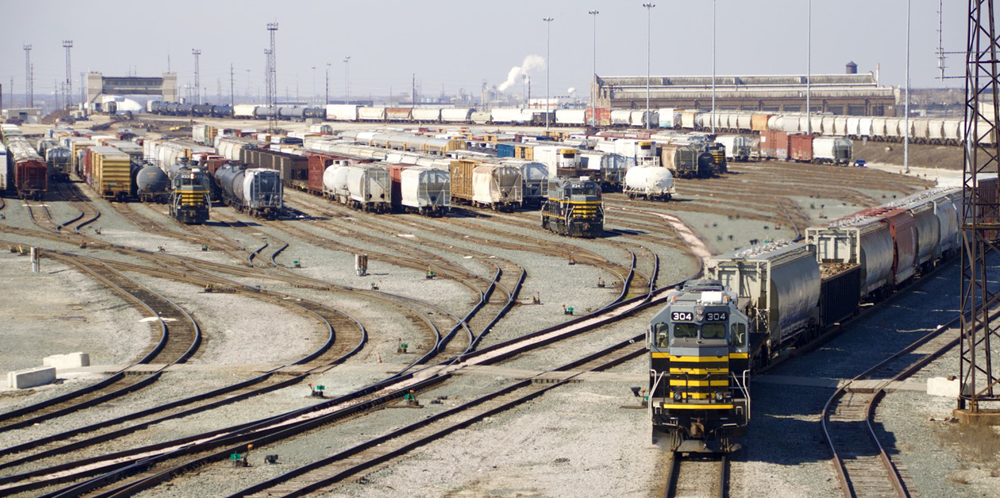
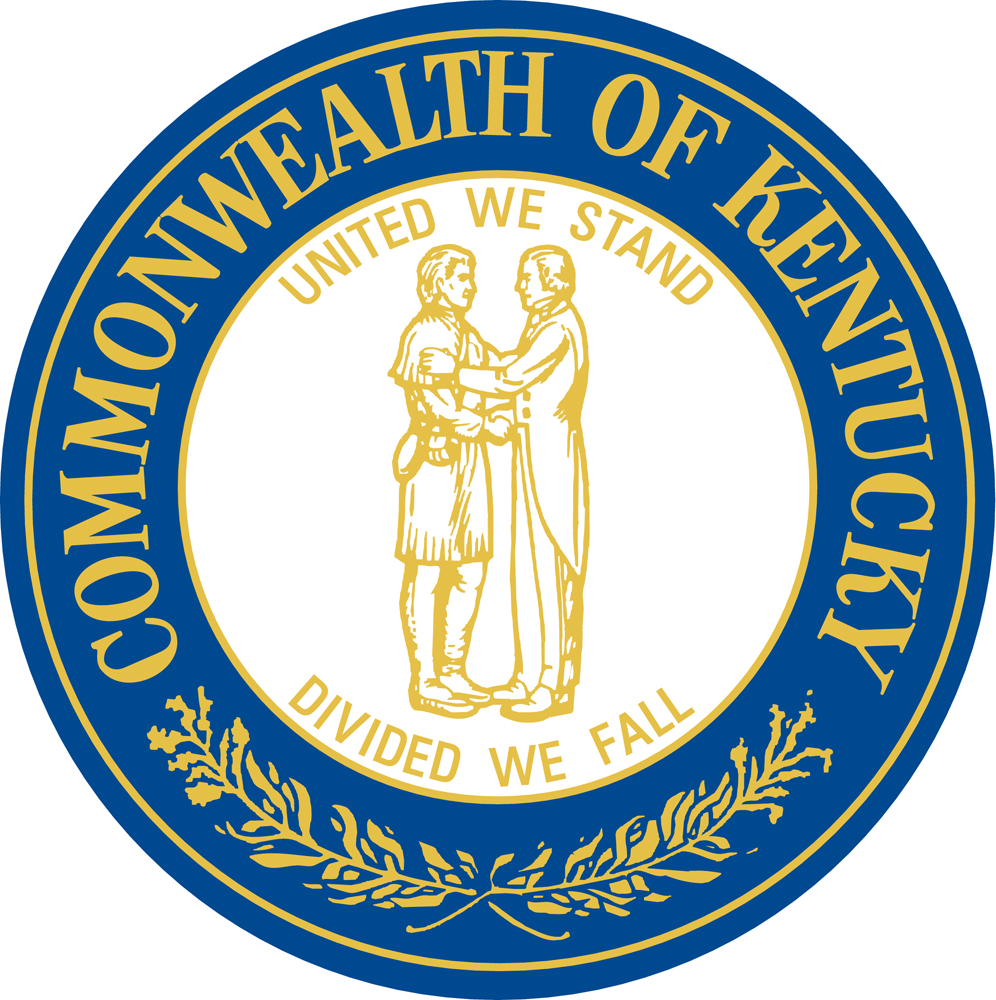




It would help if Trains would use the old names in parentheses for these lines; so would maps as I live a thousand miles away. I figured this is the Milwaukee Road’s (“St. Paul’s”) line to Fox Lake but it might be the line to Elgin/Big Timber. In 2005 I was in Chicago Union Station on a Friday for Bennett Levin’s trip next day and realized shortly after arriving that I could do ALL the Chicago commuter rail system during my stay there only IF I dashed off in 25 minutes on the only M-F round trip to Antioch on the former Soo/Wisconsin Central; then did the GM&O/Alton to Joliet, and the CRI&P via the “suburban” line in to LaSalle; the Rock main line would have to wait to later when I went out to Blue Island, and back in on the IC. Shades of my younger days of collecting commuter mileage in older equipment. Someone who worked for METRA (long story) clued me in on How to Do the North Western in One Day in 13.25 hours–including McHenry.
When I looked in the Official Guide in the 1970’s I saw a number of lines in Chicago (GM&O/Alton, Wabash, etc.) were the classic in-in-the-morning-out-at-night-only operations. Boston’s MBTA started reverse commuting in 1974 when they allowed the morning-evening “deadheads” to carry passengers and the passengers started coming; now the first train out of South Station to Route 128 dumps well over a hundred people there well before 6AM. That Framingham Line (Boston & Albany) was 3 trips in in the morning and 3 out at night until the late 1980’s (the Worcester train was dropped in 1975); reverse commutes (Babson College helps create a market) are a recent thing. What this DOES show is a marketing problem: people are unaware that a service is there. If they knew they would come.
Very positive to see.Caterpillar just moved into Deerfield
The METRA BNSF schedule shows 3 rush hour trains that run nonstop from Union Station to Downers Grove Main Street with all stops from there to Aurora. These are the first three trains that arrive at Union Station from Aurora. In addition there are 3 additional reverse commute express trains to Westmont that make one or two intermediate stops and then reverse direction to provide semi express service from Fairview Ave. to Union Station. These leave Fairview at 7:36, 8:02 and 8:17 AM. The 3 additional rush hour express trains that originate at Fairview apparently deadhead from the yard in Aurora. METRA should follow this example of good equipment utilization on all of it’s other lines.
DOUG – Am I missing something? I looked up the weekday schedule on the Framingham – Worcester line. There’s plenty of reverse commute schedules including end – to – end. If your post means something other than what I took from it please amplify.
MBTA should try this between South Station and Framingham/Westborough/Worcester; or similar.
J ROBERT WAYMAN – Sadly Metra is short of money. Happily Metra has no shortage whatsoever of great management.
I’ve taken plenty of Metra trains on reverse-commute schedules. It’s hard to say how full they are because not all the cars are open. There’s usually a fairly good load.
Intelligent people still exist. Congratulations Metra and Lake Forest for this plan.